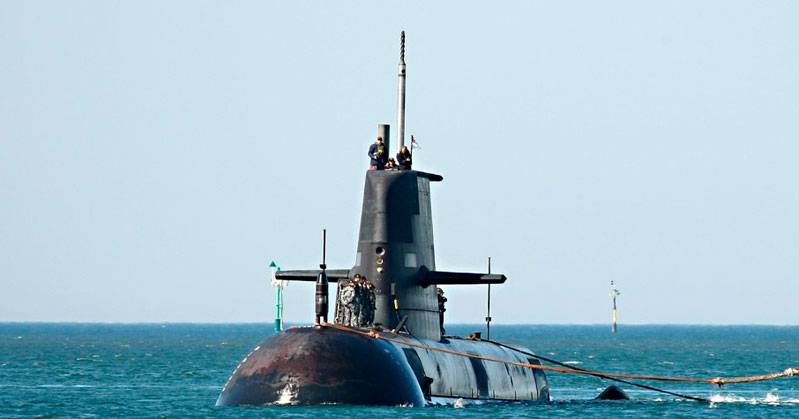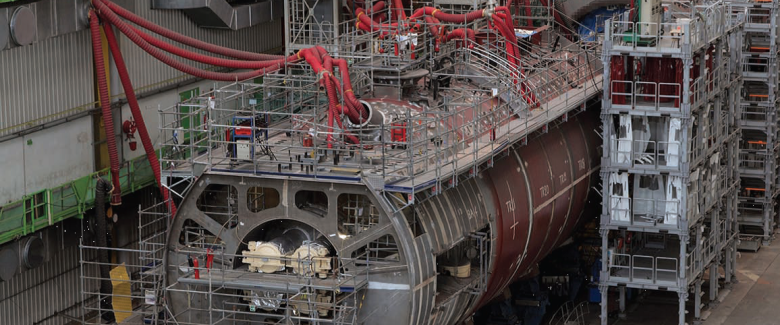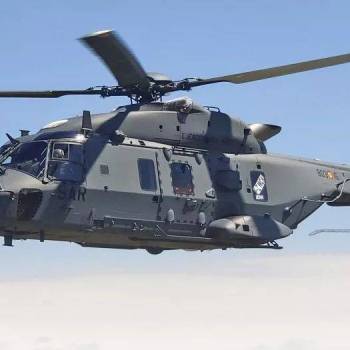
Submarines are the most complex, sensitive and expensive defence capability acquisition Government can make. They are of strategic importance to Australia and a critical element in the nation’s maritime security planning, with Australia’s national security and $1.6 trillion economy depend on secure sea lanes. As such, Australia needs the best possible submarine to protect their trade and support their maritime security.
The Future Submarine Program (SEA1000) will deliver for Australia an affordable, regionally superior, conventional submarine capability, sustainable into the foreseeable future. It will be the largest Defence procurement program in Australia’s history and represents an investment in the order of $50 billion in Australia’s security. It will also be defined by a capability design, construction and sustainment challenge of unprecedented scale and complexity, and will span decades.
There are however no off-the-shelf submarine options that meet Australia’s unique submarine capability requirements. As consequence, the Australian Government has commenced a competitive evaluation process to select an international partner to design and build the next generation of submarines. The program will involve Federal and State Governments, Defence, industry and universities and Australia’s international partners – working together for generations to come.
The decisions made on the Future Submarine Program will determine what kind of capability we have to defend Australia and Australian interests into the 2040s and beyond.
Weapons, systems, propulsion, fuel, food, water, air and, above all, provision for crew to operate effectively and safely all compete for space. As well as accommodating these demands, the hull must also provide the desired range, speed, manoeuvrability, resilience and safety. Balancing the requirements of these factors determines the nature of a submarine’s design. The constraint of the volume of the pressure hull makes it difficult to significantly change the balance of the factors in a submarine’s design without having to start a new design process.
The Future Submarine Program will be the largest Defence procurement program in Australia’s history. It represents an investment in the order of $50 billion in Australia’s security and the Government expects that significant work will be undertaken in Australia during the build phase including combat systems integration, design assurance and land based testing.

Importantly, France, Germany and Japan will as part of their submissions through the Competitive Evaluation Process, identify opportunities for the participation of Australian industry in their proposals to the Australian Government. Such action, will allow Australian industry the opportunity to compete for involvement in the Future Submarine program based on merit, encapsulating roles under various build options including: participation in the supply chain, integration activities, and sustainment.
Japan’s Soryu-class submarines (16SS) are diesel-electric attack submarines, displaces 4.200 tons, Soryu is 84m in length. Both submarines have six 533mm torpedo tubes, capable of firing both guided torpedoes and anti-ship missiles. The Soryu class has four Air Independent Propulsion (AIP) units that allow prolonged travel while submerged.
French’s Barracuda class is a nuclear attack submarine, the Shortfin Barracuda Block 1A designed specifically for the Royal Australian Navy has pump jet propulsion replaces obsolete propeller technology, hydroplanes can retract to reduce drag and noise, displaces 5.300 tons, and is 97m in length.
German type 216 design has a double hulled with two decks, includes a fuel cell, Permasyn motor, and lithium-ion batteries, a diesel-electric propulsion with AIP; displaces 4000 tons and is 90m in length
After the international partner has been selected for Australia’s Future Submarine Program, further more detailed information regarding opportunities for Australian industry involvement will be known.

Escrito por Jacqueline Abrego
Jacqueline Abrego es ingeniera naval y experta en gestión de la cadena de suministro


